AIDS
This little boy stands in the doorway of his compound where he lives with several brothers and sisters and two other families.
Gitarama, Rwanda. Afrika.
June, 2005.
"When it's my turn and God takes me, who will look after my children?"
Aids ravages Rwanda
By Jane Elliott
BBC News Online health staff
Selafina is just 39-years-old, but she is already preparing to die.
A refugee from the Rwandan genocide, the mother-of-two has Aids.
During the war she was captured by the militia and locked up in a house where the soldier repeatedly raped her.
After the war she began to get sick and, when she was tested, she was found to be HIV positive.
Sores
Now her arms are covered in scabs, which cause her great pain.
She finds chores almost impossible to carry out and even washing a plate is agony.
She cannot afford the medicine needed to prolong her life and knows she will die soon.
But her greatest worry is for her children Rose and Patrick and their two cousins for whom she is the sole carer.
The home they live in is rented and Selafina knows she and her family could end up on the streets.
"The most serious worry I have is dying and leaving them behind, where will I leave them?", she said.
"I have no-one else to turn to. When it's my turn and God takes me, who will look after my children."
Figures
Every 14 seconds, Aids turns children like Rose and Patrick into orphans.
The average life expectancy in Rwanda, one of the least developed countries, is only 49 years and almost one in six children die before they reach the age of five.
About a million people were massacred in the genocide in 1994 and now over 11% of the population are living with HIV or Aids.
Teenager Herana became the head of her household at just 14 after her mother died from Aids.
She had no relatives to care for her and her sister Rose, aged eight, and brother Jean Paul, aged two.
Starve
So each day Herana has to cultivate the land outside their home, leaving Rose to cook and care for Jean Paul.
Soon the vegetables left by their mother will run out and Herana is worried the family will starve as none of the neighbours are helping them.
"No-one came to help us with her dead body, they showed no concern.
"I gathered my sister and brother together and told them they had to be brave because we had been left alone."
Now a charity called Hope and Homes for Children has set up a project to help support the orphan of war and Aids.
They work to keep family units like Selafina's and Herana's together, sending the children to school and providing them with food and shelter.
Hope
Helen Harper, director of fundraising at Hope and Homes for Children said Aids was ravaging Rwanda.
"Genocide in Rwanda left thousands of orphan children in Rwanda, and now Aids is creating a new generation of children without hope.
"The scale of the problem could be overwhelming but our work is based on the belief that complacency in the face of statistics is not acceptable.
"Hope and Homes for Children must contribute to bringing hope back to the children of this wonderful and beautiful country and we work with the individual child, not the statistics to provide each with the love of a family, hope for their future and an opportunity to contribute to the future of Rwanda.
"In 2003 we will be working with 452 children in Rwanda and our plans are to grow the number of children helped significantly in the next few years.
"We are passionate about doing as much as we can without losing sight of the very individual needs of each child."
Story from BBC NEWS
For statistics on Rwanda:
Photo by Kresta King Cutcher

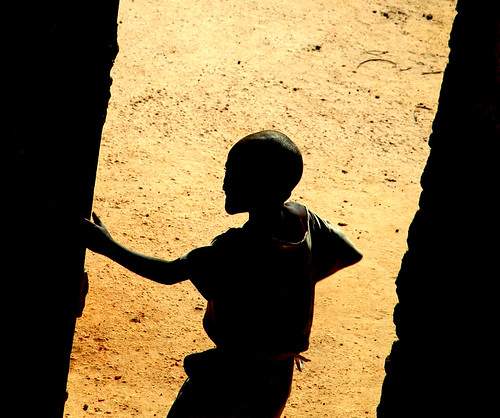
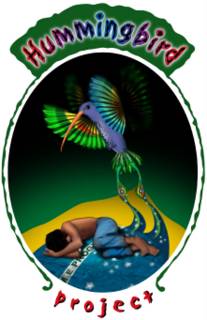



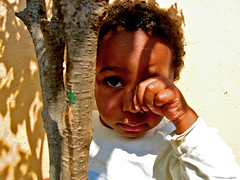
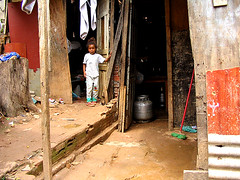

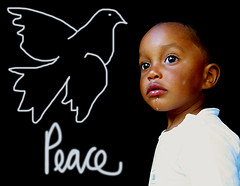




0 Comments:
Post a Comment
<< Home